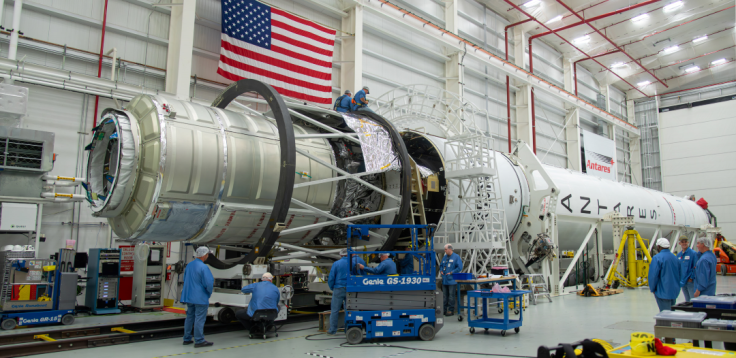Air conditioning in space and other worlds may yet be possible in the future.
A group of engineering experts from Purdue University is studying a way to develop and build air conditioning systems for use in habitats in space and on other planets, such as Mars.
This study begins with an experiment that went to space fairly recently and is now situated in the International Space Station.

ISS Air Conditioning Experiment
Air conditioning is one of the ways people regulate the temperatures in their homes depending on the weather. We switch them on to either cool or warm ourselves if the weather is too hot or cold for us to bear with such luxury.
However, the same cannot be said in space and on other planets, where the microgravity in the environment could negatively affect the processes of boiling and condensation. If these processes are ineffective, there is no way for people living on the Moon or even Mars to cool or warm themselves.
Both boiling and condensation are crucial to all heating, ventilation, and air conditioning systems, at least for the ones designed to work on Earth, per Gizmodo.
As such, it is important to measure the effects of low gravity on boiling and condensation to determine how to develop and build a working air conditioning system in space and n other planets. A task that a group of engineers at Purdue University took up.
According to a published statement from Purdue University, this group of engineers sent an experiment to the ISS to collect data scientists need to see how boiling and condensation work in reduced gravity. This experiment, called the Flow Boiling and Condensation Experiment (FBCE) came onboard when a Cygnus cargo spacecraft went up to the ISS on Aug. 1.
"We have developed over a hundred years' worth of understanding of how heat and cooling systems work in Earth's gravity, but we haven't known how they work in weightlessness," said Issam Mudawar, Purdue's Betty Ruth and Milton B. Hollander Family Professor of Mechanical Engineering.
The FBCE will remain on the ISS until 2025. Until then, it will do as it was designed to: measure the effects of microgravity on boiling and condensation.
How The FBCE Can Benefit Space Travel & Living
Aside from helping experts design and create heat and air conditioning systems for habitats on the Moon or Mars, the answers experts can get from the FBCE will also help spacecraft to travel longer distances. Interestingly, boiling and condensation would be much more effective at transferring heat for spacecraft than the other processes that enable heating and cooling in space.
The data the FBCE will gather will also help enable spacecraft to refuel while in orbit for longer-duration flights. It does so by providing the scientific understanding experts need about how cryogenic liquids spacecraft use as propellants behave in the microgravity environment of space.
The FBCE also helps scientists answer questions the fluid physics community has been itching to solve.









